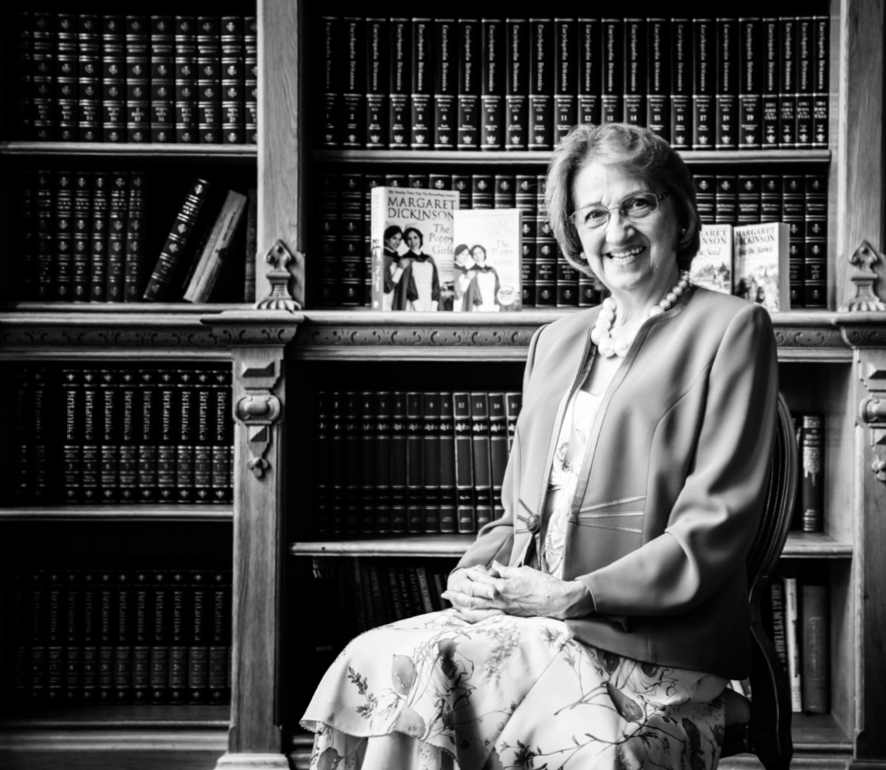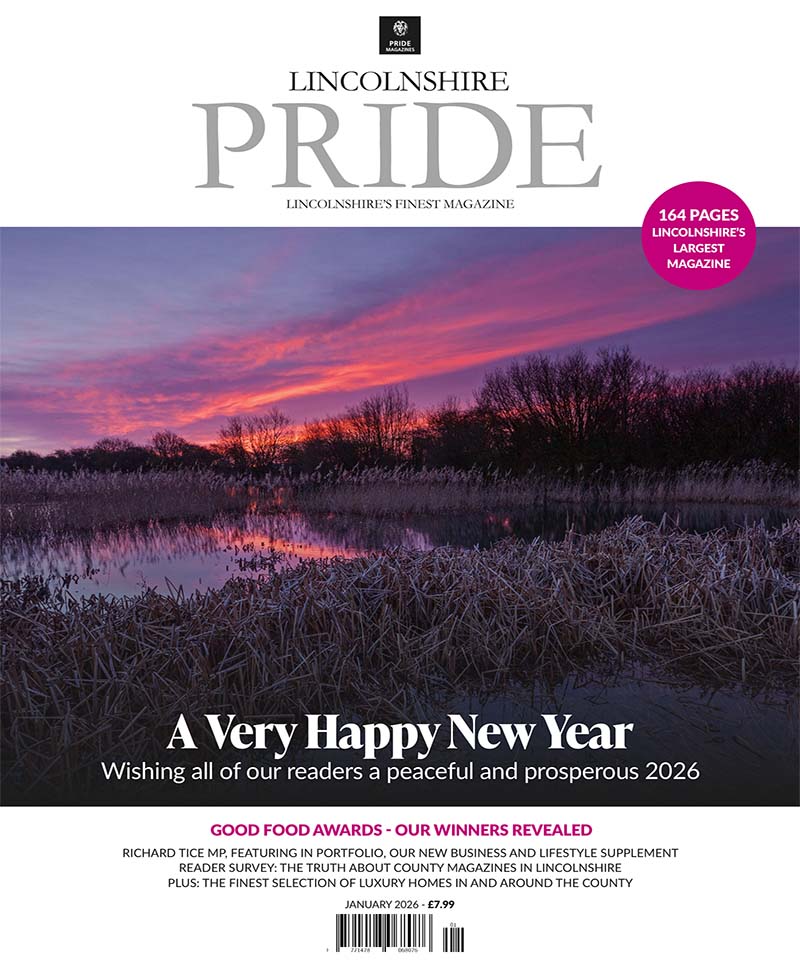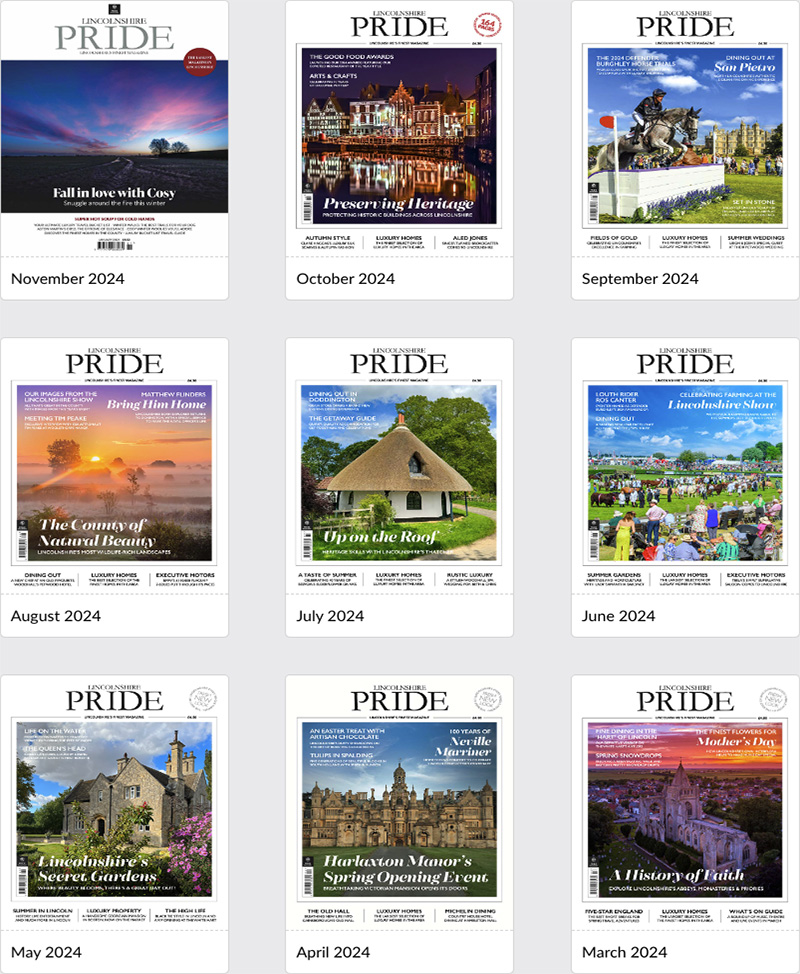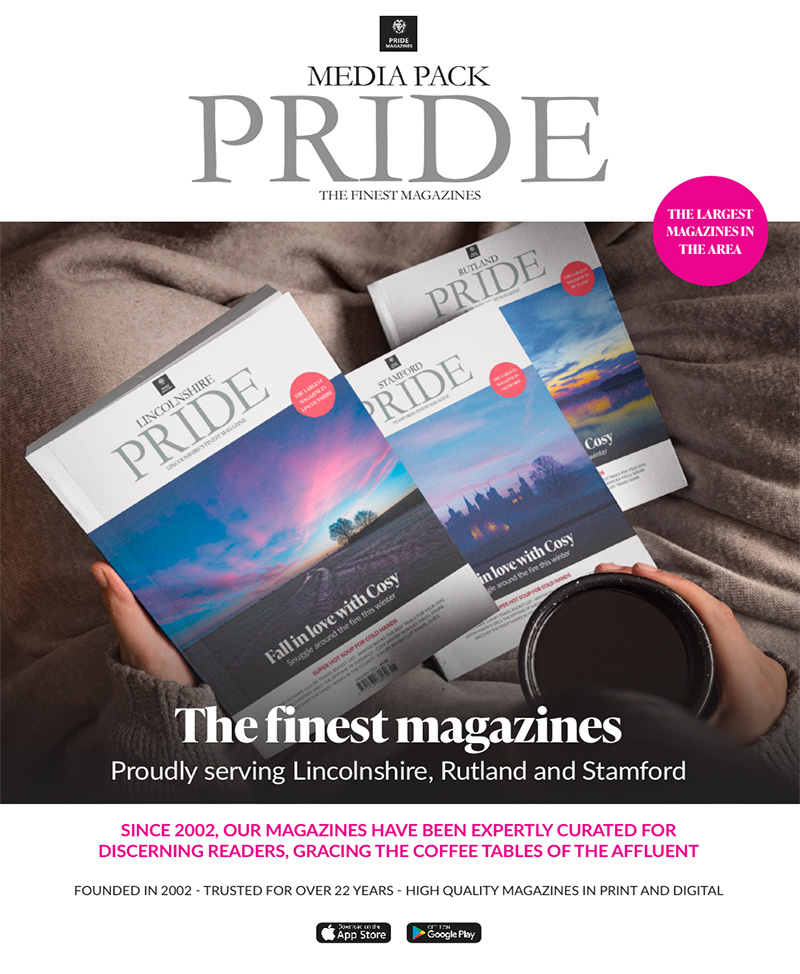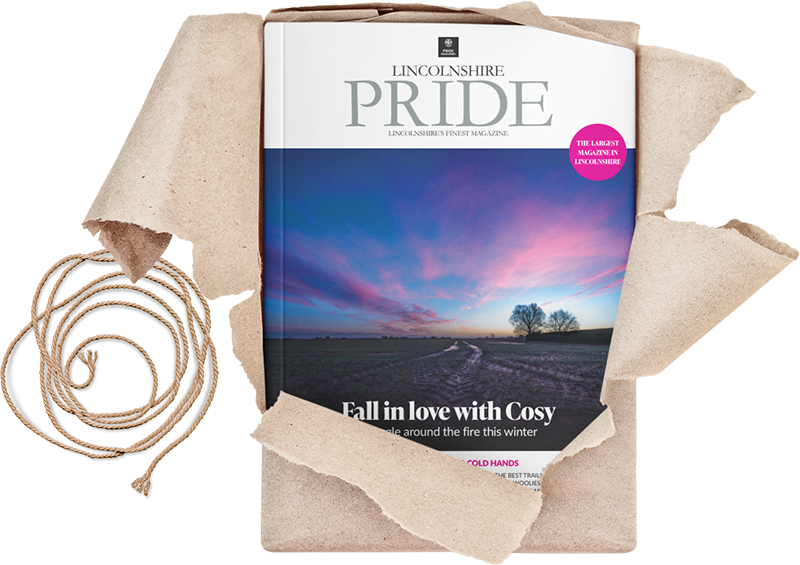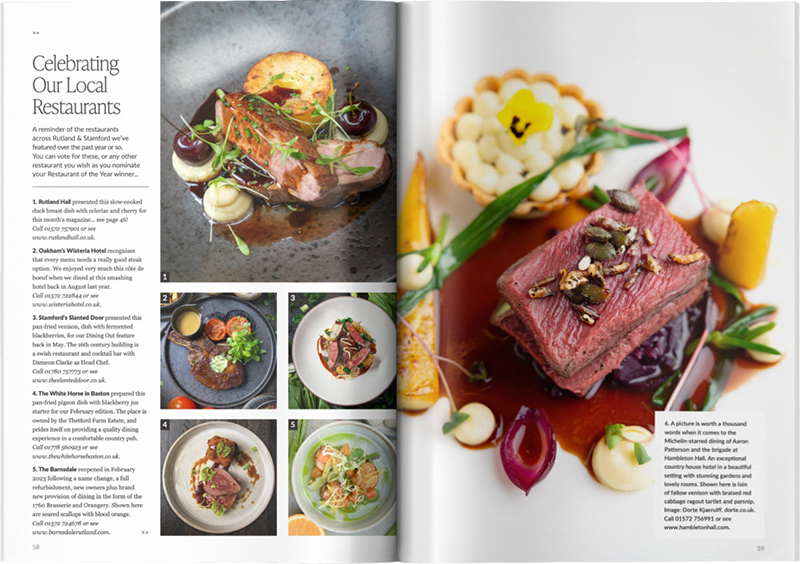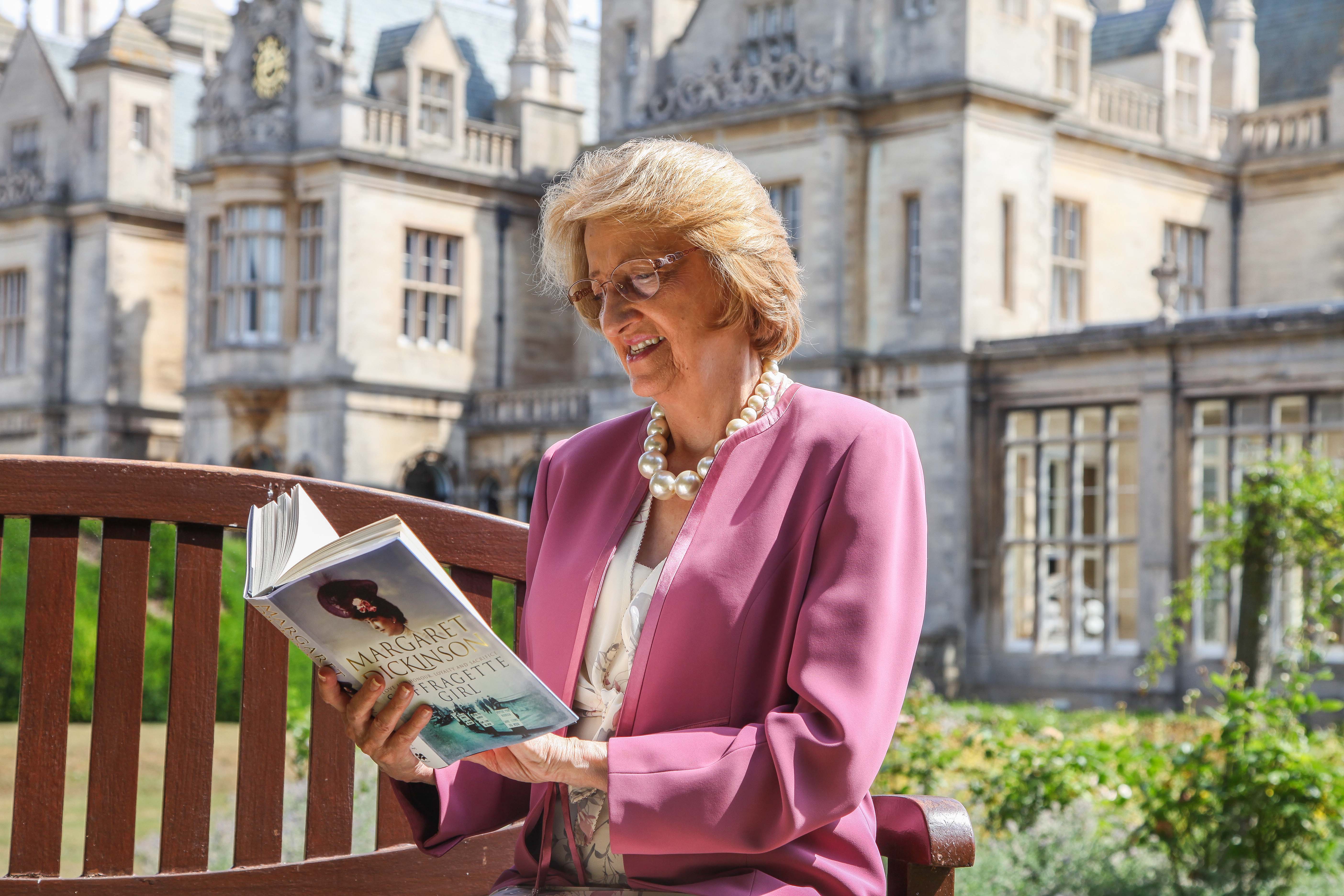
Lincolnshire Author, Margaret Dickinson
It’s nearly here. As we go into October, we can look forward to putting on our slippers, drinking hot drinks and sitting in front of a crackling fire with a really good book. An author with a wealth of good books to get you through the colder months is Margaret Dickinson. She’s also a keen advocate for Lincolnshire and has spent almost all of her life here, basing the majority of her books on locations in and around the county.
We caught up with Margaret ahead of her new book to be released early next year to discover what it’s like to be a full-time author, and what her new book entails…
So, what was your childhood like growing up in Lincolnshire?
“I was born in Gainsborough, but soon moved to Chapel St Leonards near Skegness when I was seven,” says Margaret. “I was educated at Skegness Grammar School and Lincoln Technical College, worked in Skegness in various office-based jobs, and I’ve been there ever since. That’s why it was a very natural decision to make Lincolnshire the basis for my books.”
Did your interest in writing begin at a young age then?
“I always wanted to be a writer when I was younger from the age of around 14 with the hope of one day being published. I managed to get my first book published in 1968 and it just went from there. The first nine hardback books published by London publisher Robert Hale didn’t have many connections to Lincolnshire.”
“It wasn’t until the early 90s when I started writing the paperbacks that I started to deliberately focus on basing the stories in
Lincolnshire and that was primarily due to my agent Darley Anderson’s advice. Darley is also the agent for the likes of Lee Child and John Connelly, and he’s been my agent for 25 years now.”
What were the reasons for focusing on your home county?
“Well I had a seven year gap in the early 90s due to heavy family commitments. When I started to get back into it I was approached by the agent who advised me to start writing regional sagas so that it’s recognisable to people who know it and more relatable.”
“My agent gave me some really good advice actually in turning my hobby into a full time career and putting a business head on when it comes to publishing books.” “The first regional saga I wrote was called Plough the Furrow which was inspired by the Church Farm Museum in Skegness and Gibraltar Point. This was popular and soon became a trilogy.”
Whereabouts in Lincolnshire do your other books focus on?
“The Miller’s Daughter is based on Burgh le Marsh windmill, Chaff Upon the Wind was on the Manor House, Tulip Girls was obviously based around the Spalding area, the Fisher Lass was based on Grimsby and so on. All my books are now connected to areas in and around Lincolnshire.”
“I just think it’s fantastic that my readers can actually go to the setting of the book and really get a feel for what it was like for the main character. I have readers all over the world though; my books are sold as far as Canada and Australia and Fairfield Hall was translated into German!”
All your books feature women as the leading role. Why is that?
“Again that was because of the advice my agent gave me. There were three things she said. First of all, they must have a strong woman as the central character, second of all it must be firmly set in a certain recognisable location, and finally it must have a very satisfactory ending.
The reader must turn the last page and say ‘yes, that’s a good ending to that story.’ When ending a book in a trilogy it becomes a little trickier, because you must give a hint that there is going to be more to follow, but you’ve got to end that book on a satisfactory note. The reasoning for this is because the reader may have never read the previous books, but also you don’t want the reader feeling disappointed that they have to wait a whole year now to find out what happens next.”
You’ve published over 30 successful books now. What would be your advice to aspiring authors in the county?
“It takes a lot of hard work. You can’t expect to fall into it after education. I was a part time author while working in an office to start with, although it was always something I wanted to do full time.” “Primarily, you have to really study the type of fiction you want to concentrate on. It’s usually the sort that you like reading the most. Read a lot of what other people have written in that genre, not with a view of in anyway copying them, but just to get a feel of that particular genre.”
“Never be afraid to study writing itself. There are many books out there now on book writing, and you can pick up a number of tips from them. If there is a local writers group, join it.” “Never be afraid of constructive criticism and try to accept that some people have different opinions and tastes. Finally, just write. If you are following a dream to become an author, never give up, and try not the be too disappointed with rejection. Most writers will get rejected by publishers; there are very few books that are actually picked up and published straight away. It is rare and it’s challenging, but never give up. Keep trying.”
Do you get writer’s block often and sometimes struggle to carry on?
“For nearly every book I’ve written, I hit a brick wall. Usually halfway, I do struggle to carry on. I publish a book a year so I’m writing it for around five or six months before. When you think about reading a book for that length of time, you can understand that you do get a bit bogged down.”
“However, after nearly 50 years of writing, I’ve learnt to just keep calm and carry on and break through that wall. Once you have a draft down, you know you’ve got a book there and it’s easier.”
What do you enjoy the most about your job?
“It’s a fantastic feeling when you’ve finished a book. It still has to be seen by numerous editors and proofreaders, but after you’ve put so much hard work into it and you put the last word down, you can finally appreciate your efforts. It’s a success in itself to finish a book.”
“Obviously, it’s also a great feeling when the book becomes a success and it’s lovely to meet my fans and the people who enjoy reading the books that you’ve put so much hard work into.”
Your new book comes out early next year. Can you tell us more about it?
“Yes, it’s called the Brooklands Girls and it’s the second in a trilogy following on from the Poppy Girls.”
“The Maitland Trilogy follows two families in a small Lincolnshire village. The Maitlands live at the hall whilst the Dawsons run the local wheelwright, blacksmith and carpentry business, but their lives are intertwined as Alice Dawson is lady’s maid to Mrs Maitland and her daughter, Pips.”
“In The Poppy Girls, Pips, her doctor brother, Robert, and Giles, his friend from medical school, join a flying ambulance corps close to the fighting. Alice accompanies her young mistress as does one of her four brothers, William, who will act as a stretcher bearer.”
“In the aftermath of World War One, the people who were very involved with the war felt a lack of usefulness in their lives. They also felt very haunted from the sights they saw and the events they have had to deal with.”
“The second book, The Brooklands Girls, sees both families struggling to cope with this aftermath and also with the turbulent times of the 1920s and 1930s. The main character Pips Maitland craves excitement during this very stressful time so she moves to London and then on to Brooklands to become a woman racing driver. This was unheard of at the time, but she goes anyway and gets involved in the racing there and the flying. The final novel, The Spitfire Girls, sees the next generation caught up in yet
another world war.”
I take it you have to do a great deal of research for your novels?
“Oh yes, I do a lot of research. I’ve been to Brooklands not long ago. I try to visit all the places I write about. It’s not always possible but I do my best to. Many of the locations that I focus my novels on are usually places I’ve visited before anyway and gained my
inspiration to write a book from the visit.”
Outside of writing, what are your other hobbies?
“At the moment, I don’t have an awful lot of time to focus on anything else. I love watercolour painting and it’s something I’m looking to do more of but as I’m getting a bit older, it’s getting harder to do a book a year which has got to be my priority.”
“Of course I do read a lot in my spare time, although that’s usually due to research. For personal recreation though, I like to read something entirely out of my own genre; crime fiction.”
Have you considered diverging into a different genre at all?
“I’ve thought about it, but with my business head on, it wouldn’t be sensible. It might not find favour and it takes up a lot of time so I’m sticking to what I know I can do!”
Margaret’s new book the Brooklands Girls will be published early next year so make sure you pick up a copy or attend one of her book signings. Keep up to date with where Margaret is on the Pan Macmillan publisher’s website www.panmacmillan.com.
We congratulate Margaret this month on her 50th year as an author and her worldwide success in inspiring and entertaining thousands of people while celebrating Lincolnshire.
